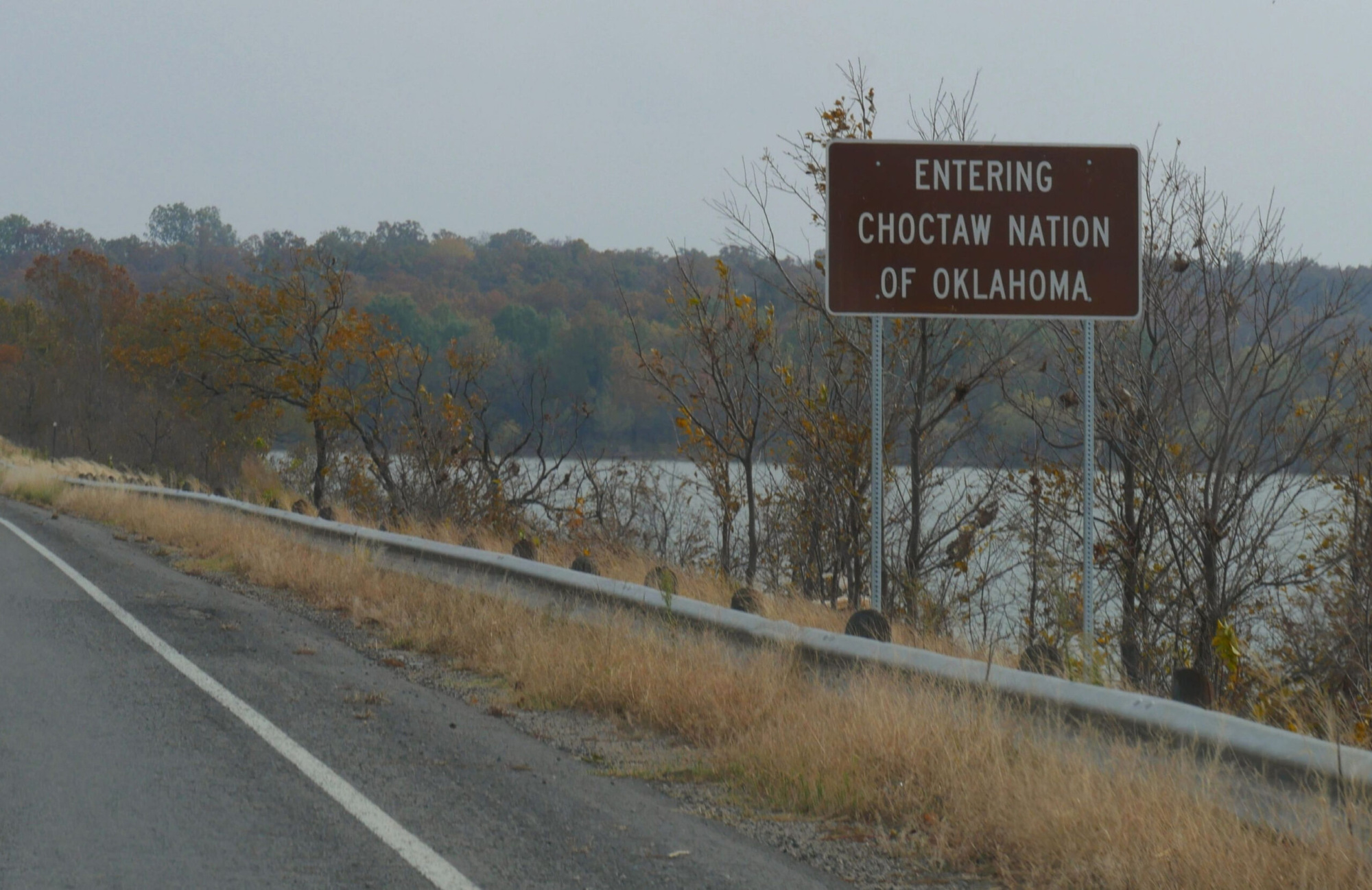This Supreme Court Decision Shows How Drastically The Court Has Been Politicized
Issues

CREDIT: Shutterstock/RaksyBH

While many of the Supreme Court’s recent opinions display its newfound extremism, the June 29th decision in Oklahoma v. Castro-Huerta managed to undo centuries of legal understanding while simultaneously gutting a landmark case from just two years prior. While Castro-Huerta has mostly flown under the radar, it demonstrates how the Court, and any appearance of judicial impartiality, has been fundamentally altered by President Trump’s appointment of Justice Amy Coney Barrett in place of the late Justice Ruth Bader Ginsburg. Justice Barrett cast the deciding vote to gut a decision from 2020, following the lead of the Court’s other conservative members by ruling based on political ideology rather than legal precedent.
In Castro-Huerta, the state of Oklahoma charged and convicted Victor Castro-Huerta, a non-Native person, for criminal child neglect of his stepdaughter, a Native child. Oklahoma argued that it had jurisdiction to convict Castro-Huerta despite the crime occurring on Native land, which has historically been subject only to the criminal jurisdiction of the federal government and Indian Nations. The Supreme Court — in the face of our Constitution, American history, and hundreds of years of jurisprudence to the contrary — agreed with Oklahoma.
The Court’s decision defies basic legal logic by declaring that Oklahoma has “jurisdiction over all of its territory, including Indian country,” handing state actors newfound power over reservations. One needs to look no further than Article I, Section 8 of our Constitution, which provides Congress — meaning the federal government and not state governments — the power to make war and negotiate treaties with tribes. In continuing this division of authority, the First U.S. Congress provided for federal jurisdiction over crimes committed by non-Indians against Indians on tribal land through the 1790 Indian Trade and Intercourse Act; states subsequently recognized their own lack of authority in the area.
In contrast to the understanding of tribal sovereignty that has existed since the 1700s, Oklahoma argued that it has a never-before-recognized “inherent” authority to prosecute non-Indians who commit crimes within reservation boundaries. Oklahoma’s own Criminal Court of Appeals rejected this idea as recently as October of 2021, in Bosse v. Oklahoma. Justice Brett Kavanaugh’s majority opinion in Castro-Huerta abandoned both historical and constitutional grounding to accept Oklahoma’s proposed rule. Noting the lack of historical discussion in the majority opinion, Justice Neil Gorsuch’s dissent bluntly states that “a more ahistorical and mistaken statement of Indian law [than Justice Kavanaugh’s opinion] would be hard to fathom.”
In addition to disregarding centuries of legal history, Justice Kavanaugh’s opinion re-writes extremely recent precedent. Castro-Huerta was handed down just two years after the landmark decision McGirt v. Oklahoma, which held that Congress never disestablished the boundaries of the Muscogee (Creek) Nation and that much of Oklahoma should be reinstated as tribal land. As part of its argument in McGirt, Oklahoma claimed the power to prosecute crimes by or against Native Americans within tribal reservations on the theory that Congress had disestablished those reservations. In rejecting the argument, McGirt reaffirmed that criminal jurisdiction on reservations has been, and should be, left to tribes and the federal government.
Although the court declined to fully overturn McGirt, Castro-Huerta rendered the former decision a hollow victory by eliminating the idea that tribal lands are free from state power. While Eastern Oklahoma technically belongs to Indigenous Nations, the state can exercise jurisdiction over many crimes occurring there, meaning tribal citizens may be forced to rely on institutions that are not built to represent them and have historically worked in opposition to their interests.
Since McGirt, Indigenous survivors of violence have been able to rely on tribal courts, which tend to emphasize restorative justice. As highlighted in a joint statement by the National Congress of American Indians and the Native American Rights Fund, the Castro-Huerta decision will lead to nonconsensual intrusions on tribal sovereignty, overturning centuries of hard work and progress to establish the independence and self-governance of tribal nations.
It is no coincidence that Justice Gorsuch wrote the majority opinion in McGirt but found himself dissenting on a very similar question just two years later. The legal framework behind the question did not change, but the composition of the court did. In fact, the differing outcome of the cases can be traced to a clear source: Justice Barrett, President Trump’s third and final appointee, who joined the majority in Castro-Huerta. Unsurprisingly, the 5-4 majority in McGirt included Justice Barrett’s predecessor, Justice Ginsburg.
Castro-Huerta may not have been the highest-profile decision of 2022, but it is perhaps the clearest example of why the composition of the Court matters so much. With Justice Barrett in place of Justice Ginsburg, the Court’s 6-3 conservative supermajority is empowered to decide cases however they see fit, even if it means completely disregarding both centuries of established legal history and precedent from just two years prior.
With conservative judges ignoring precedent and ruling in lockstep with their political views, the need to expand the Supreme Court, and to confirm progressive, ethical judges, is more apparent than ever before. Inaction will only lead to more extreme decisions along the line of Castro-Huerta, where no precedent can be considered safe regardless of how strong it may seem.
Alex Serrurier is a summer associate at Alliance for Justice.